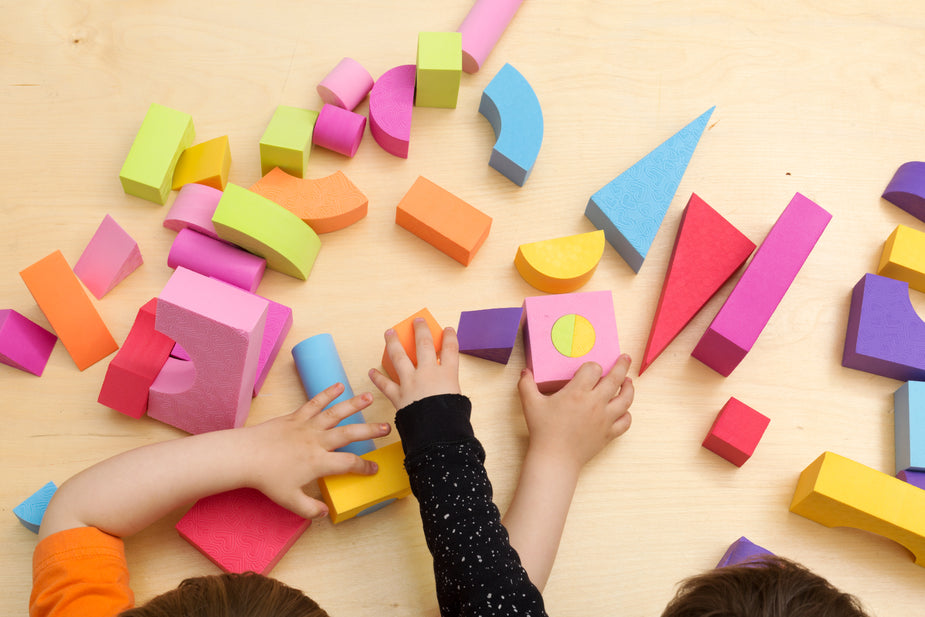Art is a powerful medium of expression that transcends cultural boundaries, age, and language barriers. From finger paintings to intricate sculptures, art allows children to explore their creativity, imagination, and emotions. Engaging in art projects not only brings joy and fun to a child’s life but also plays a pivotal role in their overall development. This article delves into the significance of art projects for kids, highlighting the numerous benefits they offer in nurturing their cognitive, emotional, and social growth.
- Fostering Creativity and Imagination
Art projects provide a canvas for young minds to express themselves freely without restrictions or judgment. Through drawing, painting, and crafting, children can unleash their creativity and imagination, exploring the vast realm of possibilities. This creative freedom stimulates their brain’s frontal lobes, responsible for problem-solving, critical thinking, and spatial reasoning, enhancing their ability to think outside the box in all aspects of life.
- Enhancing Fine Motor Skills
Engaging in art activities such as cutting, gluing, and sketching improves children’s fine motor skills. The precise movements required in handling art materials enhance hand-eye coordination, dexterity, and muscle control. Strengthening these motor skills at an early age not only aids in art-related tasks but also contributes to their overall physical development, preparing them for future endeavors.
- Developing Cognitive Abilities
Art projects offer a myriad of cognitive benefits to children. As they mix colors, draw shapes, and arrange objects, they learn about patterns, symmetry, and proportions, all of which contribute to their understanding of math and geometry. Moreover, the process of planning and executing an art project promotes organizational skills and sequential thinking. These cognitive abilities lay a solid foundation for academic success and lifelong learning.
- Boosting Emotional Intelligence
Art allows children to convey their emotions, thoughts, and experiences in a non-verbal manner. Through their artwork, they express joy, sadness, fear, and excitement, strengthening their emotional intelligence. Art also acts as a therapeutic outlet, helping kids cope with stress, anxiety, and emotional challenges. As they process their feelings through creative expression, they develop a better understanding of themselves and others, leading to improved interpersonal relationships.
- Building Confidence and Self-Esteem
When children create art, they gain a sense of accomplishment and pride in their abilities. Each completed project becomes a testament to their efforts and creativity, boosting their self-esteem. Art offers a safe space for exploration, where there are no right or wrong answers. This freedom from judgment nurtures a positive self-image and encourages children to take risks and embrace their unique talents, leading to greater self-confidence in various aspects of life.
- Cultivating Patience and Perseverance
Art projects are rarely instantaneous; they require time, effort, and patience. As kids work on their creations, they learn the value of perseverance and the rewards of staying committed to a task. The process of making mistakes, adapting, and trying again helps children develop resilience and a growth mindset. These qualities are vital for their future success, both academically and personally.
- Encouraging Cultural Awareness and Diversity
Art is a window into various cultures and traditions. Introducing children to art from different regions and time periods broadens their perspectives and fosters cultural awareness. Art projects inspired by diverse cultures enable kids to appreciate the richness and beauty of the world’s traditions, promoting empathy and respect for differences.
- Improving Communication Skills
Art allows children to communicate visually, which is especially beneficial for those who struggle with verbal expression. Through their art, kids can convey complex ideas, emotions, and stories to others. Encouraging discussions about their artwork helps develop their verbal communication skills, enhancing their ability to articulate their thoughts and feelings.
- Nurturing Social Skills
Art projects often involve collaboration and teamwork, especially in group settings. Working on a common project with peers encourages cooperation, compromise, and conflict resolution. Children learn to share ideas, respect differing perspectives, and value the contributions of others. These social skills are vital for building strong friendships and functioning effectively in a community.
Art projects hold a significant role in a child’s development, fostering creativity, emotional intelligence, cognitive abilities, and social skills. By encouraging children to engage in art activities, parents and educators empower them to express themselves authentically, appreciate diversity, and face challenges with confidence. As young artists explore the boundless possibilities of colors and shapes, they embark on a journey of self-discovery, enriching their lives with the transformative power of art. Investing in art projects for kids is not only beneficial for their holistic growth but also ensures a generation of individuals who can think critically, empathize deeply, and envision a brighter, more creative future.



